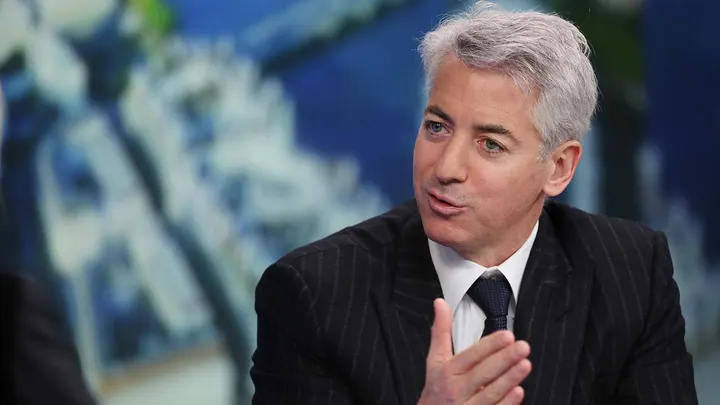Bill Ackman’s Wake-Up Call for Harvard Students: Accountability and the Power of Conscience
Bill Ackman, the prominent billionaire hedge fund manager, has sparked a contentious debate with his recent comments directed at Harvard students associated with groups that endorsed a pro-Hamas letter following the recent Israel-Palestine conflict. Ackman, an alumnus of Harvard University, did not mince words in his call for accountability, urging students to reckon with the consequences of their organizational affiliations.
In a characteristically candid fashion, Ackman highlighted the moral and ethical dilemmas faced by those implicated in controversial public statements. His advice, posted on the ever-persistent virtual agora of X, touched a nerve not just among the academic community but across the realms of business and ethics. Ackman’s stance resonated deeply, shedding light on the nuances of personal responsibility and the far-reaching implications of one’s public associations.
The crucial crux of the matter rests upon the critical understanding that one’s silence or passive complicity can easily be misconstrued as an endorsement of the collective stance. Ackman’s poignant advice to either actively work to modify the group’s statement, dissociate from the collective stance, or resign as a mark of protest serves as a powerful reminder of the significance of individual conscience in the face of group dynamics.
The recent debacle at Harvard, revolving around the controversial pro-Hamas letter, underscores the gravity of the situation. The initial complicity of several student groups followed by the subsequent retractions, often citing lack of prior knowledge or consent, exposes the complexity of group dynamics and the imperative need for greater transparency within such organizations.
Ackman’s comparison to historical atrocities, such as the actions of the Ku Klux Klan, serves as a stark warning against the perils of condoning or aligning with any group’s heinous actions, intentional or not. His analogy is not meant to equate historical events but rather to emphasize the importance of standing up against any form of violence or oppression, no matter the context.
Furthermore, Ackman’s assertion that employers have the right and responsibility to consider the character of potential employees in their hiring decisions resonates deeply. His argument that individuals, once employed, become representatives of the company, echoes the sentiment that the values and actions of an organization are shaped by the collective character of its employees.
Amidst the ongoing debate, it is crucial for students to introspect and recognize the gravity of their actions. While concerns of safety and security must be addressed, it is imperative to acknowledge the multifaceted nature of conflicts, where nuanced perspectives are crucial for fostering constructive dialogue and understanding.
Bill Ackman’s unapologetic stance serves as a reminder of the power of individual responsibility in shaping collective narratives, urging us all to confront the complexities of our allegiances and actions, both in private and public spheres. His call for accountability and introspection should be a clarion call for all to uphold the highest standards of integrity and ethical conduct in every aspect of our lives.






